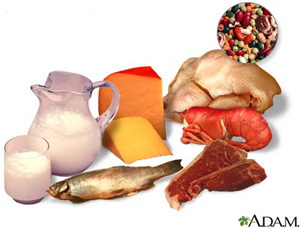Popular Reviews
- Shakeology Review
- Viritenz Review
- Isagenix Review
- Jenny Craig Review
- Protein World Review
- Paleo Diet Review
- Ideal Protein Review
- PhenQ Review
- Weight Watchers Review
- Pure Slim 1000 Review
- Alli Review
- Phen375 Review
- Leptigen Review
- It works Review
- The Thrive Diet Review
- Plexus Slim Review
- Almased Review
- Xyngular Review
- SlimQuick Review
- Relacore Review
- Lipozene Review
- ProbioSlim Review

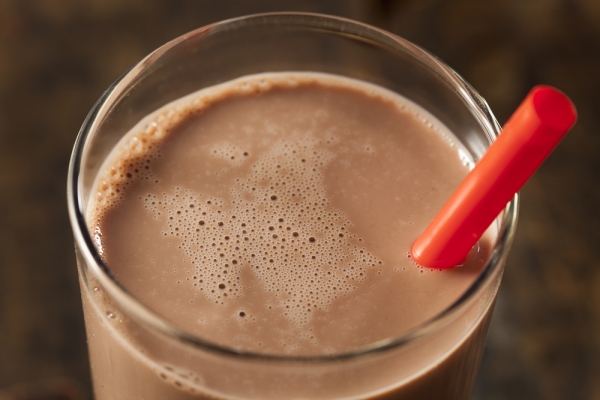
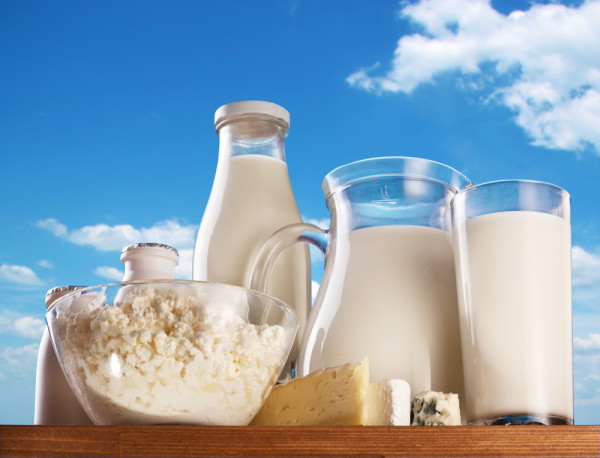


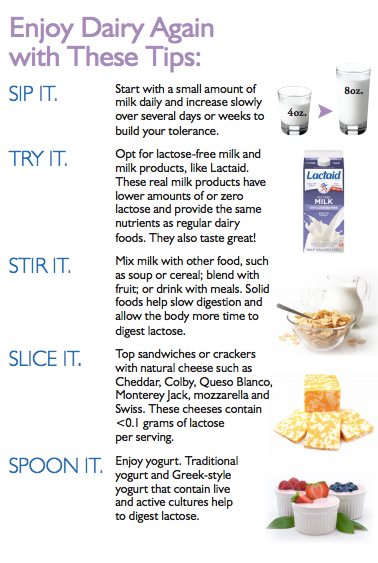

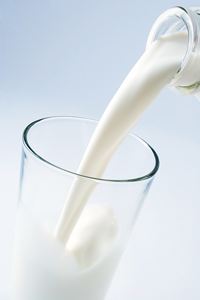
 A pasture-raised cow is one that has daily access to outdoor pastures. Additionally, the animals are never fed hormones, only a vegetarian diet. The leading Mexican grill chain has made some bold and progressive moves in the last year, challenging the existing quality found in typical fast-food. Chipotle has already made a commitment to serve only naturally raised meats
A pasture-raised cow is one that has daily access to outdoor pastures. Additionally, the animals are never fed hormones, only a vegetarian diet. The leading Mexican grill chain has made some bold and progressive moves in the last year, challenging the existing quality found in typical fast-food. Chipotle has already made a commitment to serve only naturally raised meats  By Jennipher Walters for
By Jennipher Walters for 
